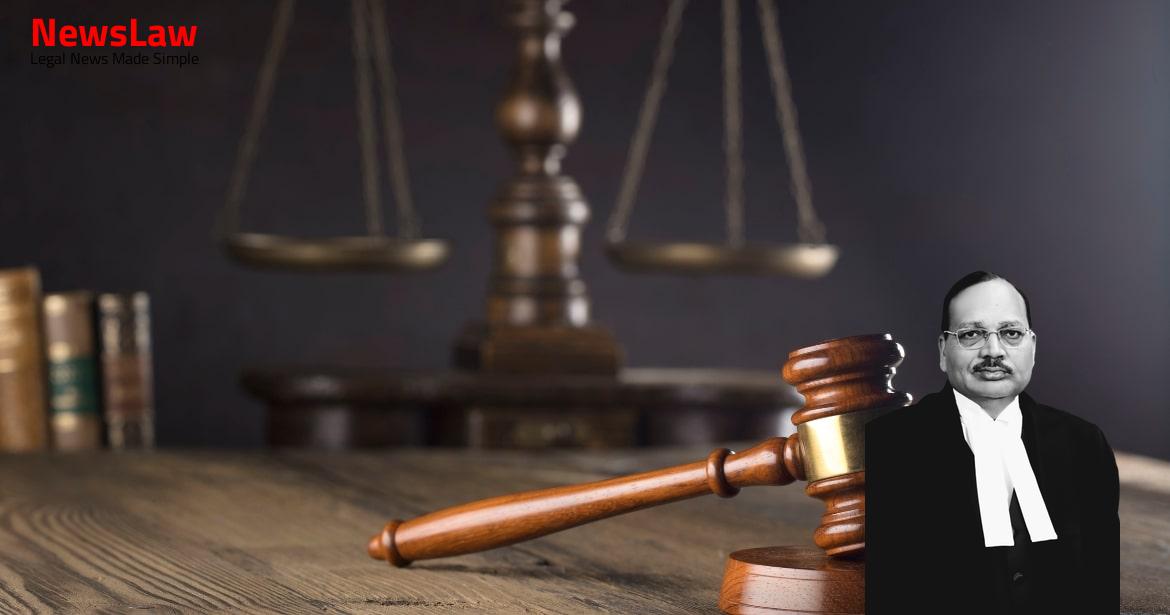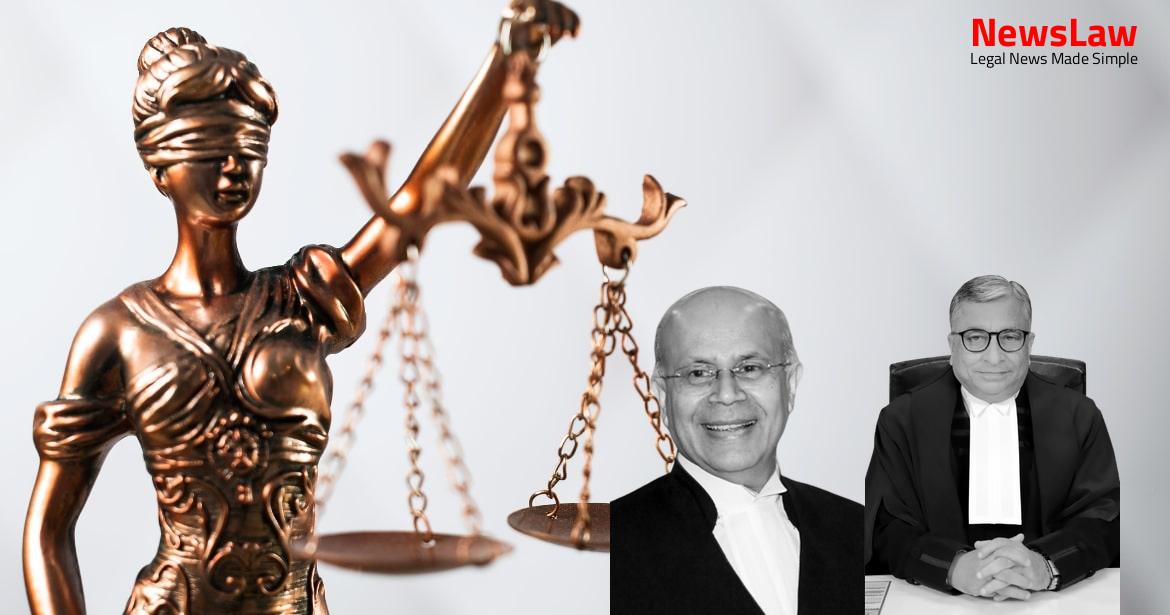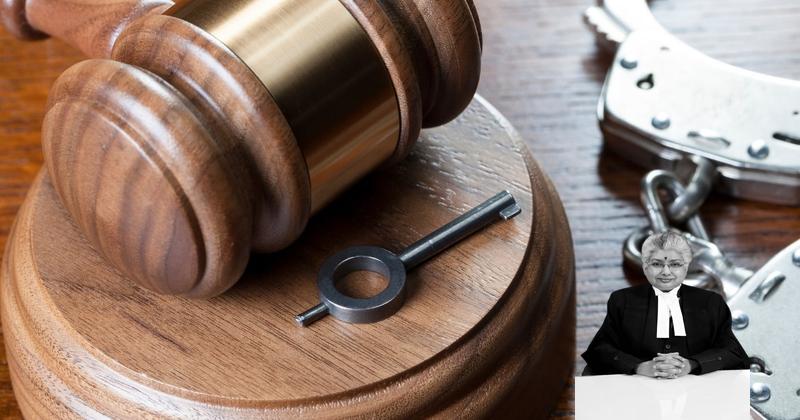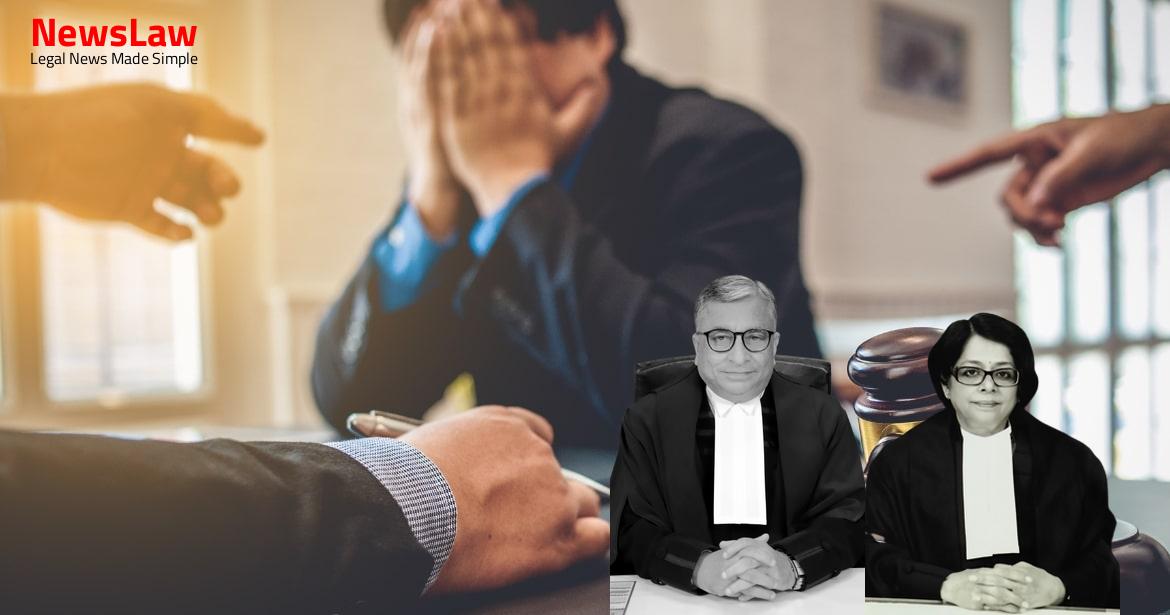Explore the nuanced legal analysis by the Court on probationary termination orders. The Court’s scrutiny distinguishes between probationary and confirmed employees, highlighting the standard of judicial interference. Understand the significance of evaluating performance during probation and the role of the Court in ensuring fair treatment of probationers. Stay tuned to unravel the complexities of judicial review in employment termination cases.
Facts
- The Division Bench relied on various judgments to emphasize the importance of evaluating the probationary period for confirming suitability for confirmation, with the understanding that a probationer can be laid off without reason but subject to limited judicial review.
- The Full Court’s decision, based on unsubstantiated allegations without granting an opportunity for a hearing, was deemed impermissible and punitive.
- The termination order of Respondent No.1 was quashed, and the court directed their reinstatement.
- The civil appeals were filed by the Rajasthan High Court against the Division Bench’s order dismissing a review petition concerning the reinstatement of Ved Priya, a former judicial officer.
- Respondent No.1 joined Rajasthan Judicial Services on 16.07.2002 and was appointed as Civil Judge (Junior Division)-cum-Judicial Magistrate.
- The review petition filed by the appellant contended that the Division Bench did not consider a special report submitted by the Registrar (Vigilance) regarding the judicial officer granting bail without competence in NDPS Act cases.
- The High Court dismissed the review petition, stating that the report was considered while allowing the writ petition.
- The appellant argued that the termination order was justified based on the report and other records, indicating Respondent No.1’s unsuitability.
- The appellant further argued that the High Court overstepped in evaluating the termination reasons and acted more like an appellate authority, despite stating that such orders should not disclose reasons to avoid stigma.
- Citing Respondent No.1’s good service record and positive feedback from authorities, the Court found insufficient material for the Full Court to terminate their services.
- Respondent No.1 approached the Rajasthan High Court seeking quashing of termination order and reinstatement.
- State Government dispensed with Respondent No.1’s services based on High Court’s recommendation.
- Allegations of misconduct and corruption were received against Respondent No.1 during probation period.
- Administrative Committee evaluated probationary judges’ suitability based on integrity, knowledge, conduct, and behavior.
- Reports from various sources were considered in the evaluation process.
- Committee recommended confirmation of services for ninety officers, extension of probation for one officer, and non-confirmation for two officers including Respondent No.1.
- Recommendations were presented to the Full Court of the High Court for further action.
Also Read: Legal Analysis on Arbitration Petition Limitation Period
Arguments
- Learned Counsel argued that adequacy or reliability of evidence cannot be questioned in judicial proceedings under Article 226 of the Constitution.
- Cited the case of High Court of Patna v. Pandey Gajendra Prasad as precedent for not altering termination orders based on good ACRs.
- Emphasized that in the absence of proven mala fide, the focus should be on whether due consideration was given before an administrative decision.
- Respondent No 1 stressed the fundamental right to a hearing, citing Shamsher Singh v. State of Punjab.
- Stated that termination of probationers without proper enquiry and opportunity for hearing could be considered ‘removal’ under Article 311(2) of the Constitution.
- Referenced Rajasthan Judicial Service Rules, 1955 to support the termination of temporary employees and probationers without invoking Article 311 of the Constitution.
- The termination was claimed to be simplicitor but was considered stigmatic in effect.
- Allegations of corruption or erroneous exercise of jurisdiction were implied as reasons for termination.
- The lack of explicit reasons for termination indicated a possible violation of principles of natural justice.
- Citing State Bank of India v. Palak Modi to support the invalidation of the termination decision.
- Arguing that no case was made on merits as the complainant could not be found during a spot enquiry by the District judge.
Also Read: Analysis of High Courts’ Jurisdiction and Court Orders Under Article 142
Analysis
- The analysis delves into the intricacies of judicial review over decisions taken by the Full Court on the administrative side.
- It distinguishes between termination of probationers and confirmed employees, highlighting the higher standard of judicial interference in the latter case.
- The distinction is crucial as probationers lack the protection under Article 311 and can be relieved if found unsuitable.
- Judicial interference in termination cases must consider the nature of the employment – whether probationary or confirmed.
- The termination of a probationer does not always require specific allegations of misconduct, and can be based on overall performance evaluation.
- The Court’s scrutiny aims to determine if the termination order was punitive in nature or meant as a routine exercise of dispensing with a probationer’s service.
- The order of termination may only be considered punitive if there is evidence of specific misconduct, not just overall performance during the probation period.
- The Court’s role in judicial review is to ensure that termination orders are not veiled attempts at punishing probationers without due process.
- The analysis clarifies the parameters within which a High Court can review termination decisions involving probationers.
- Specific instances of misconduct leading to termination warrant different scrutiny compared to overall performance-based terminations during probation.
- Probation is a period during which a probationer’s ability, suitability, and performance are evaluated.
- The purpose of probation is to determine the probationer’s suitability for a particular position.
- Probation allows the employer to assess the probationer’s performance before confirming their services.
- Actual performance of duties is the true test of suitability for a permanent position.
- Termination of service based on misconduct or disqualification is considered a punishment and must comply with Article 311.
- Probation aims to ensure satisfactory performance before confirming an employee as a regular employee.
- Quantitative parameters alone may not accurately predict future performance.
- Limited cases allow probationers to seek protection under the principles of natural justice.
- Reasonable opportunity of hearing is essential in cases of ‘stigmatic’ removal.
- The Division Bench observed an absence of material supporting the conclusion of non-confirmation, highlighting a potential violation of Article 14 of the Constitution.
- The High Court’s objective was to verify suitability, not to investigate specific misconduct allegations against Respondent No.1.
- The decision for non-confirmation was based on a holistic assessment of the respondent’s service record, not specific allegations.
- The order of non-confirmation and preceding circumstances were not deemed to prejudice the respondent requiring a higher procedural requirement.
- The committee’s recommendation of non-confirmation for Ved Priya was based on the available material and consideration of certain complaints mentioned in the decision.
Also Read: Electoral Malpractices in Mayor Election
Decision
- The judgment of the High Court is set aside
- The order of discharge dated 30.09.2004 is overturned
- Services of Respondent No.1 were dispensed with during probation
- No order as to costs
- CJI approves the above decision
- The appeals are allowed
Case Title: RAJASTHAN HIGH COURT Vs. VED PRIYA (2020 INSC 306)
Case Number: C.A. No.-008933-008934 / 2017



